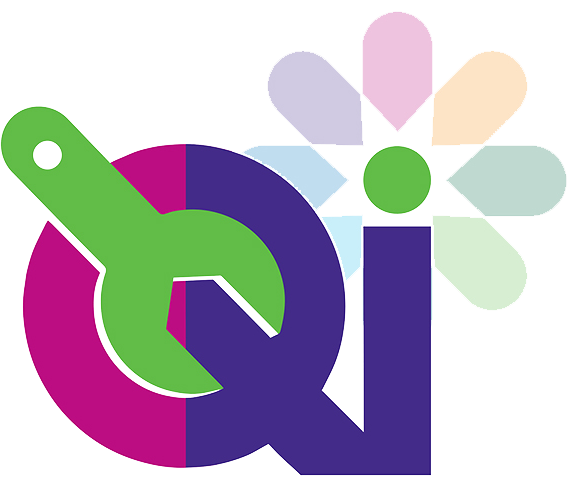When Speech and Language Therapist Quentin Ma found costs were preventing people from using specialist equipment which might help them, he decided to do something about it.
Quentin worked with managers in his service to agree funding for four special cups and eight straws, to offer to patients with swallowing and communication difficulties.
The equipment helps people who might struggle, perhaps as a result of stroke, or due to other neurological issues, such as Parkinson’s disease, multiple sclerosis, motor neurone disease or a brain injury.
Quentin, who works in the Community Neurological Rehabilitation Team at Kent Community Health NHS Foundation Trust, said: “We tell families that these cups and straws may help, but some are reluctant to try the equipment because of the cost. A cup can be £80. We were finding that wealthier families were buying the equipment, whereas others were thinking twice and I wanted to do something to address the health inequality.
“Therapists assess if a specialist cup and straw might help someone and if it would, we are now able to give these to patients. As we could only say that these might help, families were weighing up whether or not they could afford to make the investment.
“The trust has purchased a stock of these, to help people who have been assessed to drink safely and independently. It means a lot to people to be able to do things for themselves. The alternative is a person may need a carer to help and a lot of care hours to support them to drink safely. Not only are there clinical benefits, but also, the cost of purchasing this equipment is very low when compared to care costs or a hospital readmission.”
The cups and straws are being given to people in hospital and to those being cared for at home, in east Kent. Quentin expects this amount to cover three months. After that time, if the idea proves successful, he hopes that more can be purchased.
Quentin is hoping to go further to help people with speech and language difficulties, who may have a low household income. Guided by his professional lead Pip Hardy, he and his colleagues are looking into the possibilities of tablet computers or software being loaned to speech and language therapy patients and temporary access to exercise programmes which might help.
Quentin said: “At the moment, we mostly recommend paper-based resources such as worksheets to help people, but these are generic and limited. Electronic programmes such as apps can be tailored to the person’s exact needs, for example, an app could detect if someone speaks quietly and could encourage them to speak louder. Apps also give feedback, if an answer is correct or not. We can direct people to these resources, but not everyone can afford them.
“I am interested in making things more equitable.”
Quentin used a quality improvement (QI) approach to the project and collected and measured data from the start. He said: “One of the QI advisors, Robyn, has been very supportive, recommending the methodology and advising me on the useful data to collect and how to do it.”


The improving access to speech and language therapy equipment QI project


